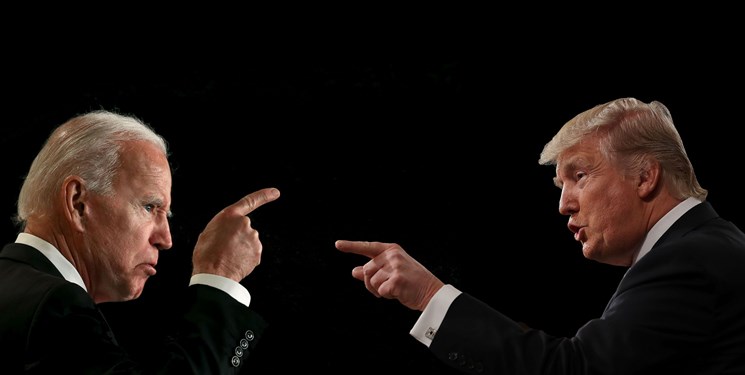Biden ordered evidence against Trump be sent to Congress.
The US president has ordered the White House National Archives to submit documents against the former president to Congress.
US President Joe Biden on Wednesday ordered that documents against former President Donald Trump be sent to Congress.
According to The Independent, the January 6 investigation committee had previously asked the US government to send documents to the White House about a possible link between Trump and his supporters’s attack on the Congress building.
In this regard, Biden ordered the “National Archives” of the White House to send the documents related to the list of Trump’s meetings in the White House on January 6 to the committee investigating the attack on Congress.
The American media this week reported that Trump was forced to return the White House documents that he had taken with him to his residence in Florida after the presidency. In an interview, Trump said “it was not a big deal” and welcomed the documents.
It was January 2 that Trump asked the US Supreme Court to deny the House Electoral Committee access to documents invading Congress. The petition was submitted to the US Supreme Court after district courts and the Washington-DC Court of Appeals had previously rejected Trump’s request and ruled that Congress had access to the documents.
In another attempt, Trump claimed that he would use “executive powers” to prevent Congress from gaining access to documents related to the attacks on Congress, and relied on a legal hypothesis that presidents and their aides could prevent Do congressional research even for decades.
However, “Jimmy B. “There is no such thing as executive power for the former president,” Raskin, a Democratic member of the congressional committee and lecturer on the constitution, told the Washington Post. “Such a thing is completely baseless and irrelevant.”
Under the executive powers enshrined in the US Constitution, the president can, at his discretion, prevent the release of government documents and access to lawmakers and the judiciary.









